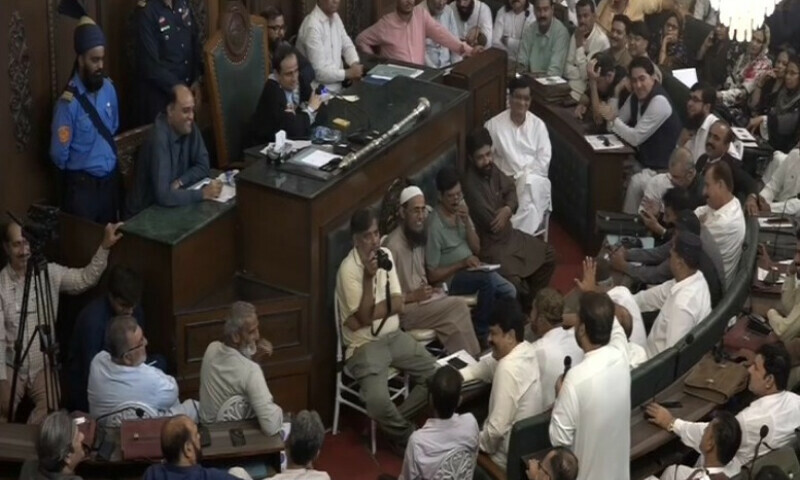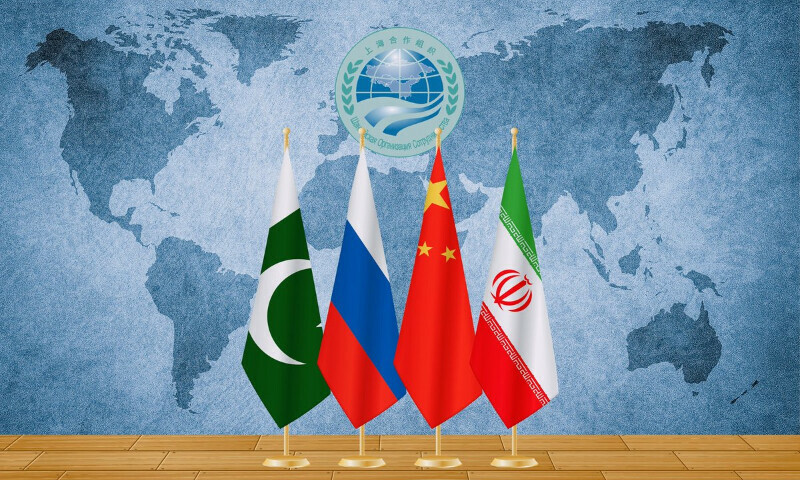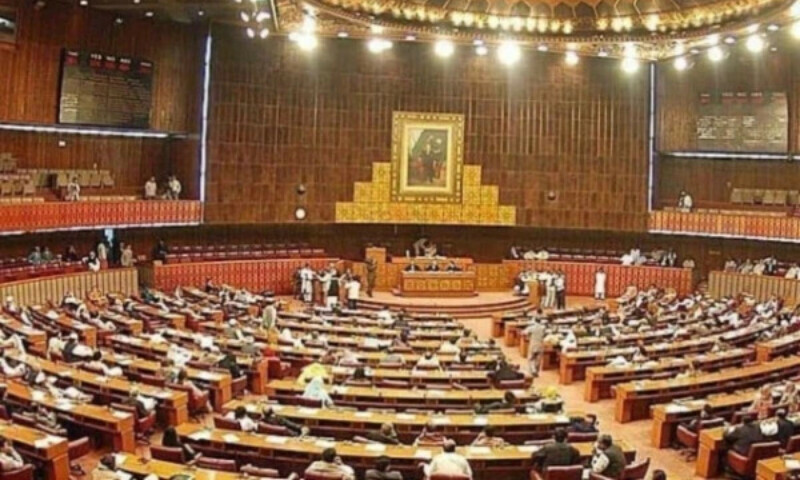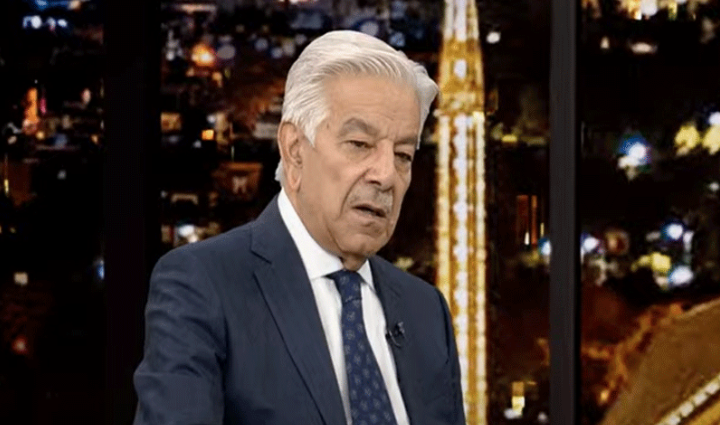POLITICS & POLICY MAKING
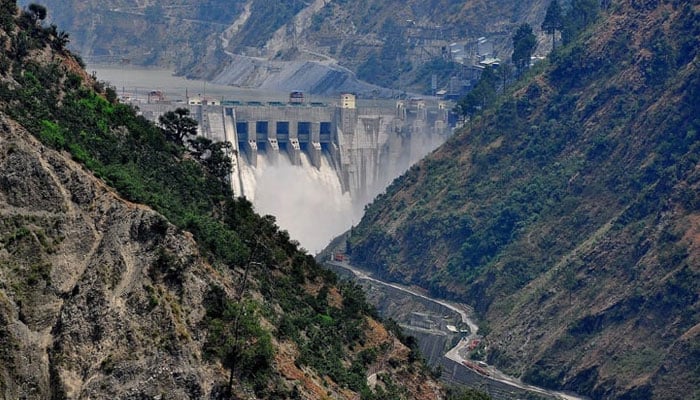
Pakistan has strongly opposed India’s request to halt the World Bank's arbitration process regarding two controversial hydropower projects—Kishanganga and Ratle—being constructed by India on rivers flowing through occupied Kashmir.
According to reports from Indian media, India recently wrote to World Bank-appointed neutral expert Michael Leno, claiming it had “suspended” the Indus Waters Treaty (IWT) and therefore the World Bank should cease its action on the matter. India argues that the treaty, brokered by the World Bank in 1960, no longer applies and hence the expert’s work should be terminated.
However, the World Bank has reportedly shared this development with Pakistan, which has opposed India’s position. Pakistan maintains that both the Kishanganga and Ratle projects violate the Indus Waters Treaty, particularly the provisions concerning minimum environmental flow requirements and design restrictions.
According to government sources in Islamabad, India’s attempt to unilaterally suspend the treaty has no legal standing. The World Bank itself has stated that the IWT cannot be suspended by a single party. Pakistan argues that it has longstanding objections to the design of both dams and insists that the neutral expert’s work must continue to ensure treaty compliance and safeguard Pakistan's water rights.
Pakistan has reiterated that it will defend its river resources at all appropriate international forums. The Kishanganga project is being constructed on the Jhelum River and the Ratle project on the Chenab River—both of which are critical water sources for Pakistan.
Experts suggest that this move could further strain relations between the two nuclear-armed neighbors and complicate future water-sharing negotiations.
